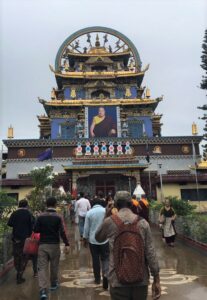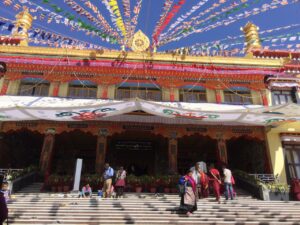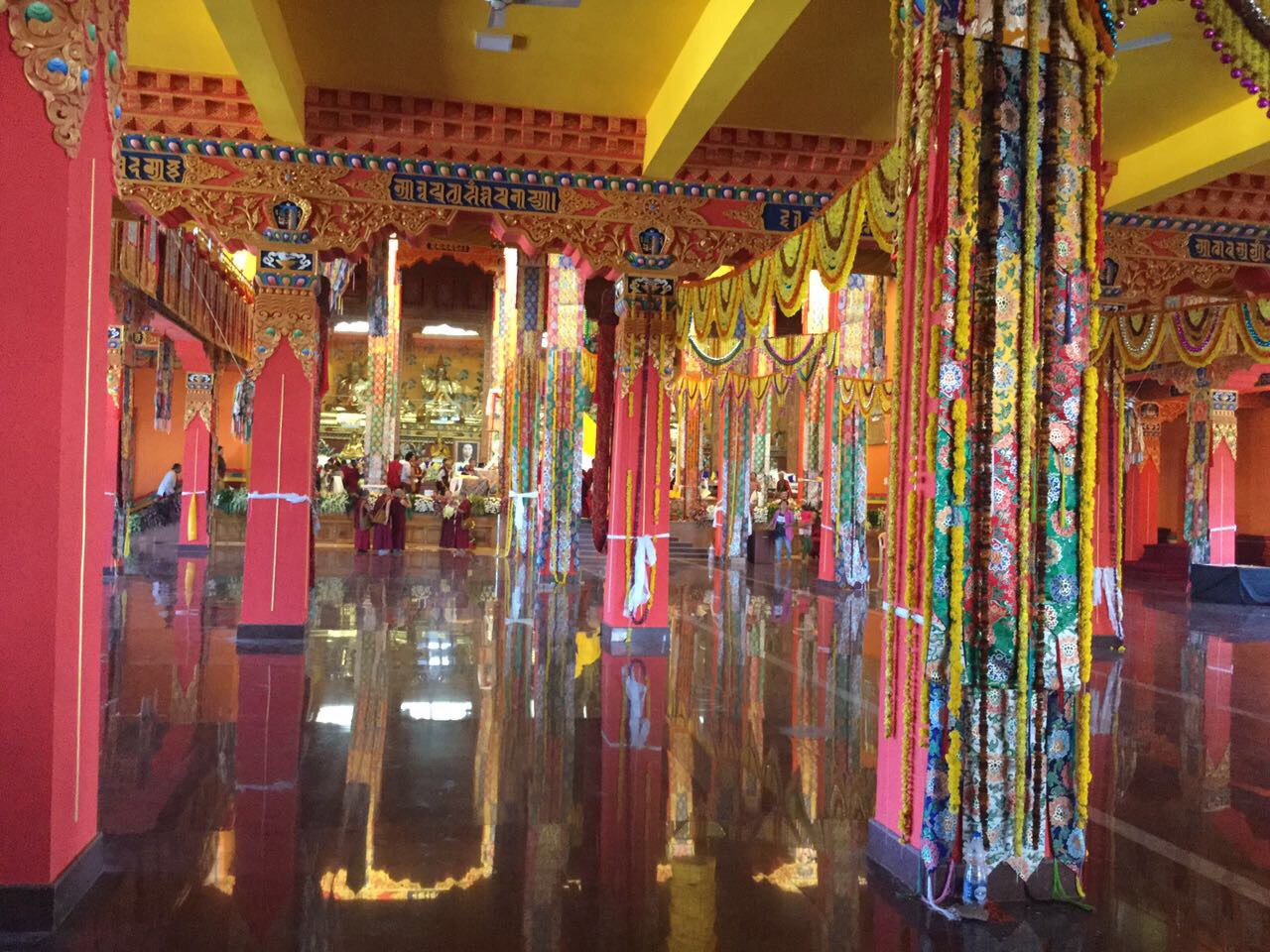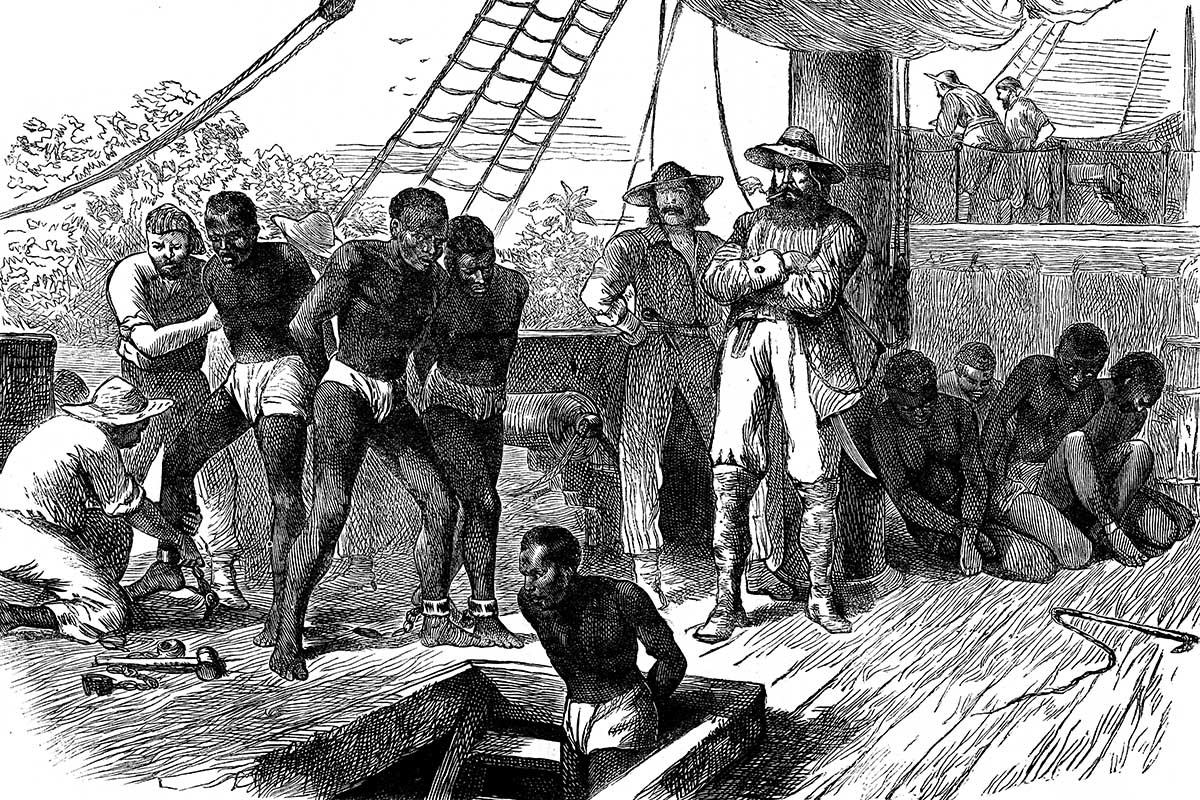“Refugee crisis tests a nation’s character”
November 17th, 2017 A refugee crisis provides a hot topic for discussion, with viewpoints across the spectrum of the argument. Shiboni D’Souza, 23, a Correspondent from Bangalore in India, argues that a refugee crisis is a test of a host nation’s character.
A refugee crisis provides a hot topic for discussion, with viewpoints across the spectrum of the argument. Shiboni D’Souza, 23, a Correspondent from Bangalore in India, argues that a refugee crisis is a test of a host nation’s character.
The manner in which we treat the weakest amongst us is ultimately the basis on which we as a nation will be judged. India has been protecting Tibetan refugees for over 50 years, and in my opinion, Tibetans in India have added to our culture, traditions, and tourism.
India has refugees from Pakistan, Bangladesh, Kashmir, Afghanistan, Sri Lanka, and Burma. Following in the footsteps of the 14th Dalai Lama, more than 150,000 Tibetan refugees have fled to India during the past 50 years, establishing settlements including Bylakuppe, known as ‘Mini Tibet’ and the Golden Temple, a popular tourist destination in Karnataka, India.
The idea that refugees are a drain on the resources of a nation is central theme of most arguments. The Government of India has built special schools for Tibetans that provide free education, health care and scholarships for those students who excel in school. There are also a few medical and civil engineering seats reserved for Tibetans.
 However, as with the case of the Tibetans in Karnataka, have refugees not added value to the region by making it a tourist attraction? The magnificent golden temple is a sight to behold!
However, as with the case of the Tibetans in Karnataka, have refugees not added value to the region by making it a tourist attraction? The magnificent golden temple is a sight to behold!
My personal favourite is the traditional artefacts and fabrics available on sale near the region. Handmade, beautiful, and at a truly reasonable cost. The monastery in Bylakuppe is a riot of colours, with the quiet monks praying. The prayer time is a wonderful time to visit, with the bells, chants and drums echoing within the walls.
Throughout history, culture developed and spread due to the inculcation of other cultures within one’s own. Although taking in refugees will cost the nation in the short term, ultimately, they will make the region a little better.
There are many examples in India and globally of refugees doing well and adding value to their adopted nation. However, in recent times this issue has become highly politicised with very little talk about the human rights aspect rather than the national security focus of the issue. The very act of placing helpless individuals under scrutiny and lengthy waiting periods after they have taken perilous journeys to reach is deplorable.
 As human beings we should at the very least extend a humane welcome to people in need. Amid all the damaging hate and vitriol, we forget the very human nature of the people in question. We fail to put ourselves in their shoes, and imagine having your home, city and everything you have ever known torn apart.Just when you see a small ray of hope, you realise you have stepped into an unwelcoming, hostile country. You know that things would never be the same as they were in your own country, however, the hostility you face now is another unexpected hardship.
As human beings we should at the very least extend a humane welcome to people in need. Amid all the damaging hate and vitriol, we forget the very human nature of the people in question. We fail to put ourselves in their shoes, and imagine having your home, city and everything you have ever known torn apart.Just when you see a small ray of hope, you realise you have stepped into an unwelcoming, hostile country. You know that things would never be the same as they were in your own country, however, the hostility you face now is another unexpected hardship.
Providing shelter to refugees is the compassionate thing to do. Scoring political points by painting an untrue, hostile picture of people in need is a low blow. An important thing to remember is that many people who are now seeking refuge because of war, turmoil, and political instability in their own nation were -not long ago – ordinary people. They had normal jobs as doctors, engineers, lawyers, bankers and investors. They lived their lives earning for themselves and their families. What will stop them now if they are part of a different country? What is missing in the current landscape is the willingness to give a human dimension to the faceless, voiceless people we call ‘refugees’.
Photos: courtesy of Mayank Nagori
…………………………………………………………………………………………………………………
About me: My passion is writing. My love for reading started in third grade with the Harry Potter series. I was in the founding team of TEDxBMSCE (https://www.ted.com/tedx/events/18607) and was on the core committee of our college’s national level technical fest. I have also been involved in a major college fest in Karnataka. I am an Industrial Engineering Management graduate now working as a business analyst.
…………………………………………………………………………………………………………………
Opinions expressed in this article are those of the author and do not necessarily represent the views of the Commonwealth Youth Programme. Articles are published in a spirit of dialogue, respect and understanding. If you disagree, why not submit a response?
To learn more about becoming a Commonwealth Correspondent please visit: http://www.yourcommonwealth.org/submit-articles/
…………………………………………………………………………………………………………………




